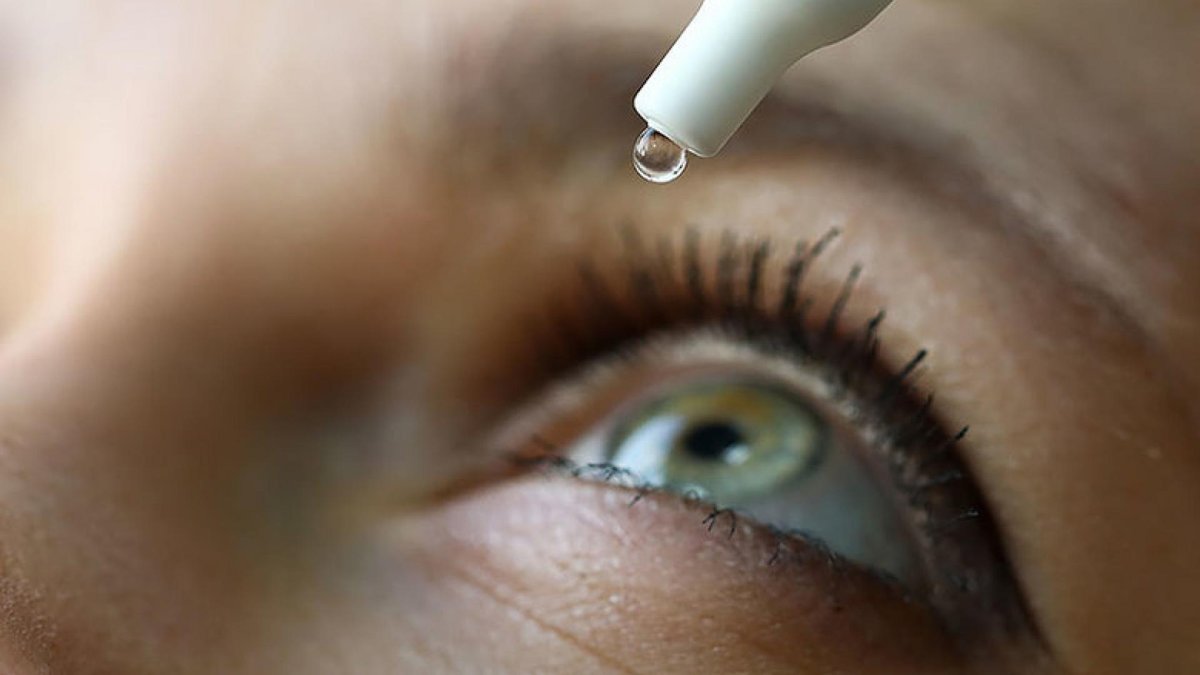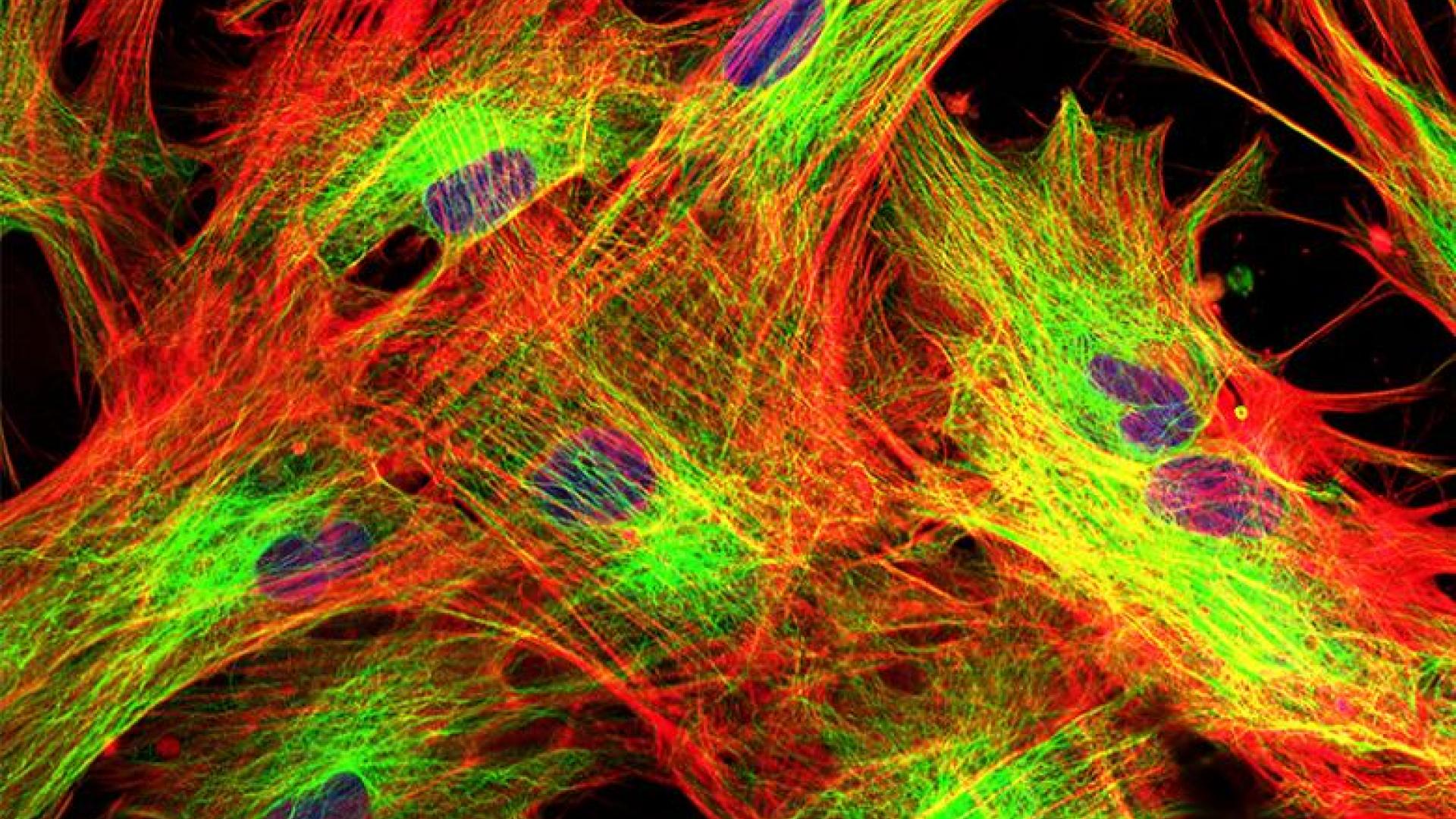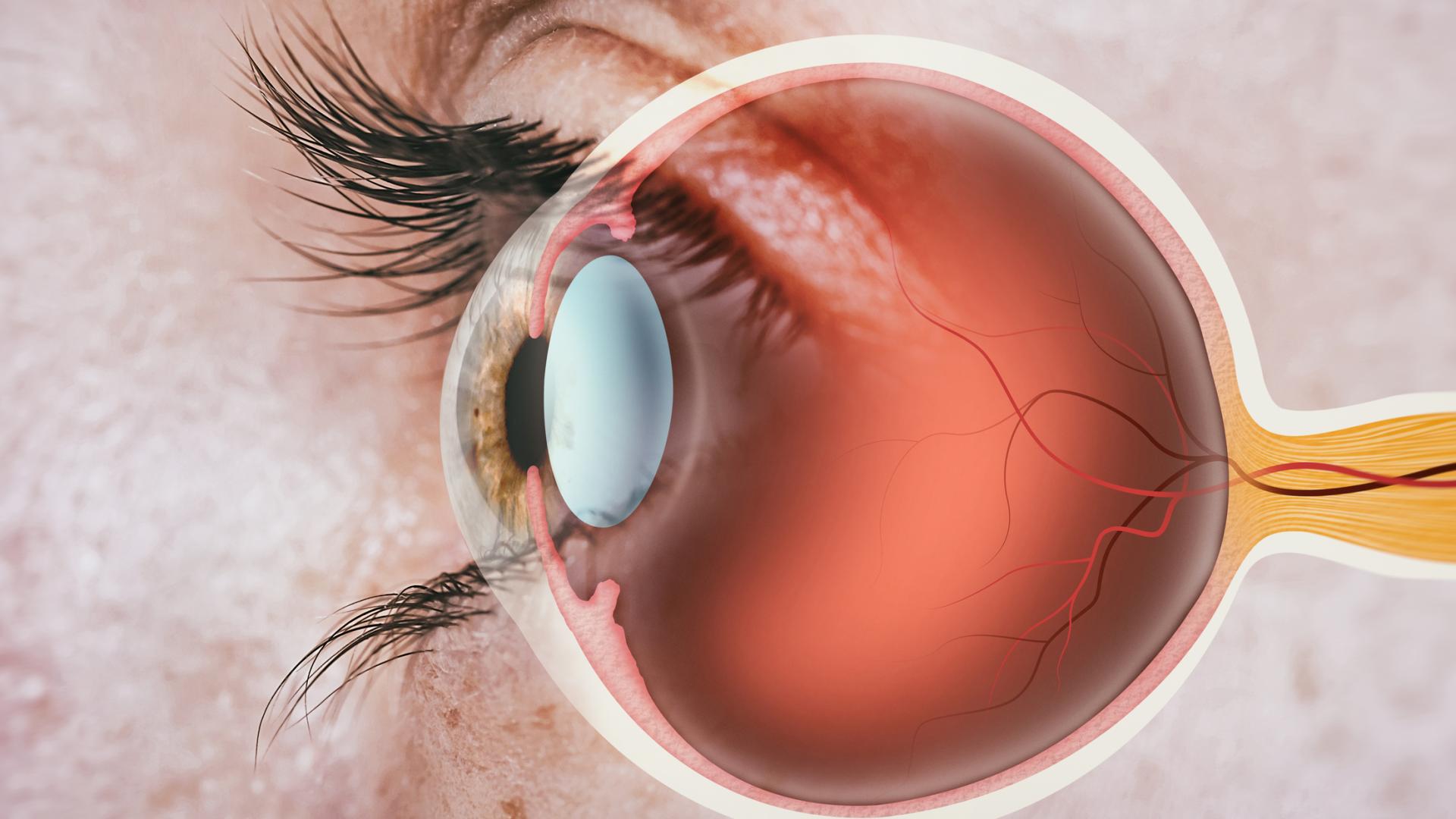
Learn helpful tips for navigating glaucoma care during the COVID-19 pandemic.
As our nation is facing tremendous challenges presented by the COVID-19 pandemic, it is not an overstatement to say that everyone must be experiencing some level of anxiety. The virus is novel, and even with large outbreaks experienced by other countries, such as China and Italy, much still remains unknown. However, it is clear that patients who are older and with pre-existing health conditions are more vulnerable to infection and more severe outcomes. The majority of glaucoma patients are older, and many have the presence of two or more chronic diseases or conditions. Therefore, it is particularly important for glaucoma patients to advocate for themselves in their glaucoma care.
Know Your Risk and Take Extra Precautions
Glaucoma is defined as a type of optic nerve damage. Multiple risk factors have definitely been identified, and advanced age is one of the strongest for a COVID-19 infection, and if infected, much worse outcomes may occur compared with younger cohorts.
In addition, glaucoma is more prevalent in the African American population. African Americans also experience higher prevalence of diabetes and hypertension, which makes them especially vulnerable to COVID-19 infection. This means that it is particularly important for those glaucoma patients to take precautions seriously. Follow the social distancing rule strictly, wash hands thoroughly and frequently, especially prior to touching the eye drop bottles and instilling eye drops. Avoid touching the face and eyes. If necessary, use disinfecting wipes to clean the eye drop bottles, but make sure to avoid the bottle tips and let them dry before instilling the drops. If they rely on caregivers to instill the drops, have caregivers do the same.
Symptoms of COVID-19 Infection and Glaucoma
The most common symptoms of COVID-19 infection include coughing, shortness of breath, and fever. Some patients may have conjunctivitis, which could cause red and watery eyes and irritation. When only isolated eye symptoms occur, it can be confusing since many other things can cause similar manifestations, such as seasonal allergies, conjunctivitis caused by other viruses, or simply the side effect of glaucoma drops. It is important to report those symptoms to your healthcare providers. Many studies have shown a higher risk of vision loss in patients with poor adherence to glaucoma treatment. Therefore, it is imperative to continue the eye drops until advised otherwise by your doctors.
Would COVID-19 Infection Worsen Glaucoma?
As this virus is so new, we do not have any data that could tell us if COVID-19 infection directly worsens glaucoma. Even when we anecdotally see an association, the causality may not be straightforward. For example, as mentioned above, during a life-threatening infection, adherence to eye drops may be compromised, and this could lead to worsening of glaucoma. It is important to alert the healthcare providers of your glaucoma diagnosis and treatment. Worsening of glaucoma could result from complications from COVID-19 infection such as poor blood and oxygen supply to the optic nerve and massive immune responses. We will discover more as events unfold. During your next glaucoma follow up visit after you recover from the infection, it is imperative to tell your doctor your history of COVID-19 infection.
Glaucoma Care
During this pandemic period, some areas are particularly hit hard, and the health care system be overwhelmed. Healthcare providers, including ophthalmologists, may be called upon and deployed to the frontline to care for patients infected with COVID-19. The American Academy of Ophthalmology has prudently issued a statement to cease all non-urgent care in the office and all elective surgeries in the operating room to preserve much-needed resources. This is an unprecedented situation, but the ophthalmology leadership has been very quick in providing guidelines and in implementing telemedicine. While it remains challenging, telemedicine has proven to be effective in delivering glaucoma care.
Large institutions and group practices quickly adopted HIPPA-compliant and secure systems to conduct glaucoma care, using audio and video platforms. It is not possible for all patients and can be challenging for solo or small group practices to utilize video systems, but consultation via phone call proves to be a viable alternative.
While it is not ideal as many eye exam components, such as eye pressure measurement, could not be conducted via video or phone, some close face time (eye time to be precise) could be achieved, which would allow the physician to determine the urgency of each situation. Patients should know that eye clinics, especially large academic institutions, are open and well equipped to see patients and even operate when necessary.
Glaucoma is commonly called the silent thief, as the majority of patients experience no symptoms until late stages. Ophthalmologists are advised to review the records of those scheduled patients to identify who needs to be seen in a timely fashion. When in doubt, patients should call the physician’s office to get advice as to when the next visit should be postponed. When experiencing any urgent or new problem, such as eye pain or loss of vision, patients should not hesitate to call their doctor’s office.
Summary
We all hope the drastic measures, such as strict social distancing will drastically flatten the curve, but we should also recognize that it may mean we will be conducting glaucoma care in a very unusual way for a long time. Ophthalmologists are innovative and adaptable physicians. They are caring individuals too, especially glaucoma specialists, who well recognize the chronic nature of the disease. Many of them have already had an excellent rapport with their patients and enjoy the long-term doctor-patient relationship. It is important for glaucoma patients to know they can lean on their eye doctors during these difficult and uncertain times.
About BrightFocus Foundation
BrightFocus Foundation is a premier global nonprofit funder of research to defeat Alzheimer’s, macular degeneration, and glaucoma. Since its inception more than 50 years ago, BrightFocus and its flagship research programs—Alzheimer’s Disease Research, Macular Degeneration Research, and National Glaucoma Research—has awarded more than $300 million in research grants to scientists around the world, catalyzing thousands of scientific breakthroughs, life-enhancing treatments, and diagnostic tools. We also share the latest research findings, expert information, and resources to empower the millions impacted by these devastating diseases. Learn more at brightfocus.org.
Disclaimer: The information provided here is a public service of BrightFocus Foundation and is not intended to constitute medical advice. Please consult your physician for personalized medical, dietary, and/or exercise advice. Any medications or supplements should only be taken under medical supervision. BrightFocus Foundation does not endorse any medical products or therapies.
- Eye Health
- Lifestyle









